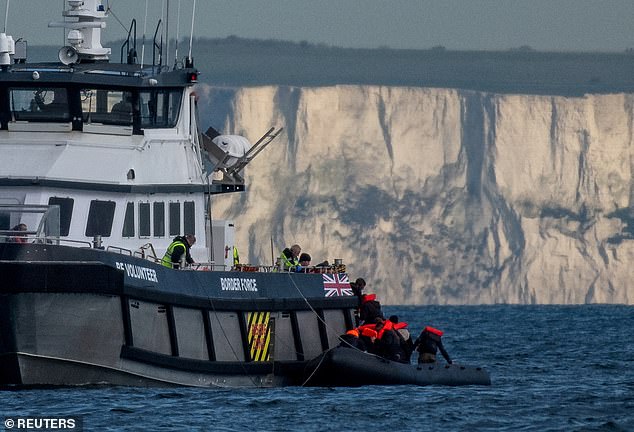Gangs :The UK government has ramped up its rhetoric on gang-related crime, vowing to crack down on criminal networks that fuel violence, drug trade, and human trafficking. But as officials push for harsher laws and stronger enforcement, a key question lingers—who are these gangs, and how are they being defined?
The Government’s Crackdown
Prime Minister Rishi Sunak and Home Secretary James Cleverly have doubled down on promises to dismantle criminal gangs, particularly those involved in illegal immigration, drug trafficking, and street violence. Recent measures include:
- Harsher sentences for gang-related crimes.
- Expanded police powers to raid suspected gang hideouts.
- Tighter immigration controls to combat human smuggling networks.
- Increased surveillance in high-crime areas.
However, critics argue that while the government is targeting gang activity, there is no clear definition of what constitutes a gang—leaving room for misinterpretation and overreach.

The Many Faces of ‘Gangs’ in Britain
Gang-related crime in the UK is diverse and complex, ranging from organized criminal syndicates to loosely affiliated youth groups. The main categories of gangs include:
- County Lines Drug Gangs – Urban criminal groups that exploit young people to traffic drugs across the country.
- Human Smuggling Networks – International gangs facilitating illegal immigration, often through dangerous routes.
- Street Gangs & Violent Crime Groups – Localized groups engaging in knife crime, robberies, and territorial disputes.
- Organized Crime Syndicates – Well-funded operations involved in fraud, cybercrime, and large-scale drug distribution.
Each type of gang operates differently, yet the government’s broad approach risks grouping them all under one label, potentially leading to ineffective or misplaced enforcement efforts.

Concerns Over Racial Profiling & Social Impact
Critics, including civil rights groups, worry that the crackdown could disproportionately target ethnic minorities, particularly Black and South Asian communities. Past policies have shown that vague definitions of gangs can lead to:
- Unjust arrests of young people based on association rather than actual crimes.
- Increased police stop-and-search in minority-heavy neighborhoods.
- Negative social stigmas, making it harder for young people to escape crime cycles.
Many experts suggest that a balanced approach—one that combines policing with social interventions—is the key to tackling gang crime effectively.
Will This Crackdown Work?
While Britain’s push to dismantle criminal networks is well-intended, the lack of clarity on what defines a gang and the focus on punitive measures raise concerns about its effectiveness. Without addressing root causes like poverty, lack of youth opportunities, and systemic inequality, Britain may find itself trapped in a cycle of crime and enforcement—without truly solving the problem.
Do follow Uae stories for more Updates












